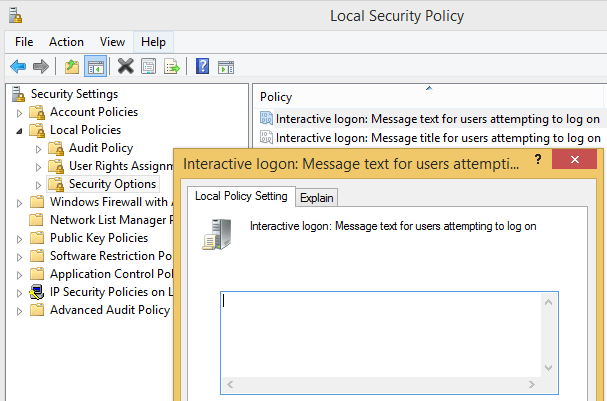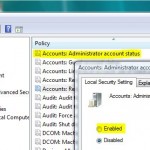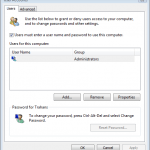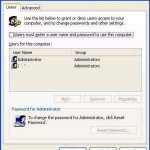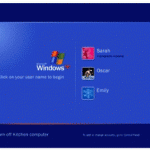In addition, it’s also possible to display failure message to let users know that valid user name and password required or unsuccessful logon attempts will be logged to prevent hackers. As such, the feature is especially useful for corporations, enterprises and businesses who want to prominently display notice or reminder to end users, such as to warn users about the ramifications of misusing company information or to warn them that their actions may be audited.
By default, there is no logon message title and no logon message text configured in Windows. Follow the tutorial to set up one. The feature is supported in all versions of Windows and Windows Server, including but not limited to Windows XP, Windows Vista, Windows 7, Windows 8, Windows 8.1, Windows 10, Windows Server 2003, Windows Server 2008, Windows Server 2008 R2, Windows Server 2012, Windows Server 2012 R2, Windows Server 2016 and later.
How to configure and add a custom logon message with title when login to Windows:
- In Windows 7, Windows Vista, Windows XP or older and their server equivalent, click on the Start button, then go to Control Panel.
In Windows 8, Windows 8.1, Windows 10 or later and their server equivalent, open WinX Power Users menu, and select Control Panel.
- Go to System and Maintenance -> Administrative Tools.
- Open either Local Security Policy.
- In Local Security Policy console window, expand Security Settings -> Local Policies.
- Then select Security Options.
- In the details pane on the right, locate the Interactive Logon: Message text for users attempting to log on.
- Right click on the security option and select Properties, or simply double click on the security option.
- Type in the message text to be prompt on logon.
- Click OK (not yet if you want to set message title as well).
To also configure a message title that appears in the title bar of the pop up window containing message text:
- Follow all above steps, until to the point when you locate the setting for message text. For message title, locate Interactive Logon: Message Title for users attempting to log on instead.
- Right click on the security option and select Properties, or simply double click on the security option.
- Type in a message title.
- Click OK.
In Group Policy Editor, the settings are located in: Computer Configuration -> Windows Settings -> Security Settings -> Security Options.
Note that not all editions of Windows has Group Policy Editor, especially editions meant for home users.
